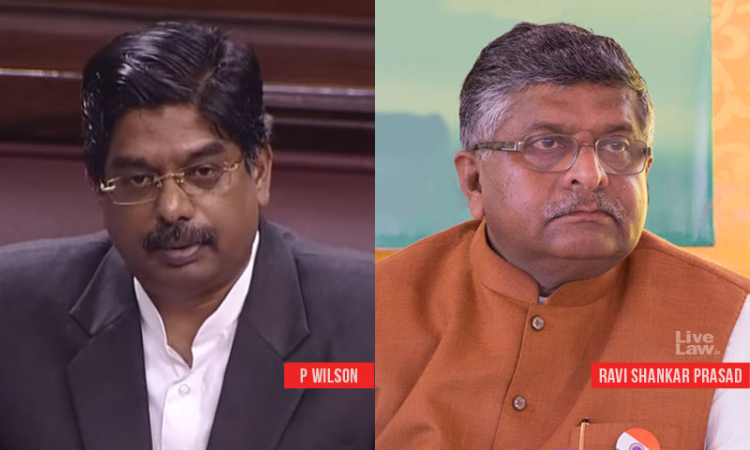"Access to Justice is not the preserve of the rich, but the right of every person in this great nation," wrote MP and Senior Advocate P. Wilson in a letter addressed to the Union Law Minister seeking establishment of permanent regional Benches of the Supreme Court. In his letter dated 16th December, Wilson mentioned that since the Supreme Court is only situated in New Delhi, which is...

